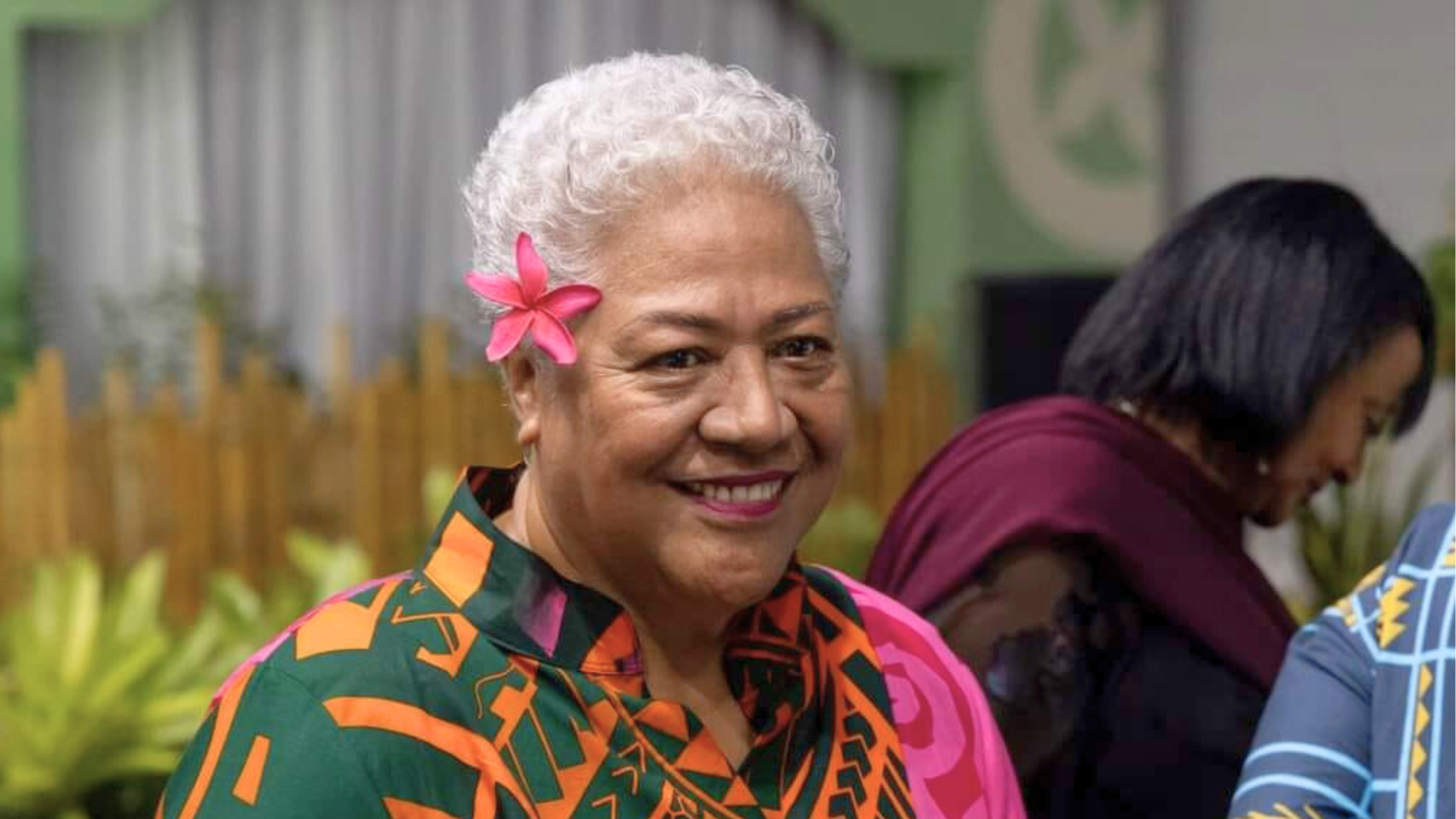

Unionists filed action with the Employment Relations Authority last December to stop the Government from restricting flexible workplace practices.
Photo/reddit.com/r/nzpolitics
Union demands the Govt reconsiders flexible work limits to support women in NZ
As mediation efforts begin, the Public Service Association emphasises the need for policies that support work-life balance and uphold existing agreements aimed at promoting gender equity.




Villagers begin talks with government on sharing Manawanui compensation fund

Manu Sāmoa’s last chance: Journey of resilience ahead of the Dubai repechage


Samoa's ex-PM Fiamē sues Laaulialemalietoa for defamation over murder case claims


Villagers begin talks with government on sharing Manawanui compensation fund

Manu Sāmoa’s last chance: Journey of resilience ahead of the Dubai repechage
The Public Service Association (PSA) is asking the Government to rethink its restrictions on flexible work options for public service employees, including remote work arrangements.
The work-from-home request came as discussions on the issue began on Monday.
Last December, the PSA took action to prevent the Government from imposing restrictions that hurt flexible work practices, which particularly affect women, who make up 62 per cent of public service workers.
In a statement, Fleur Fitzsimons, the National Secretary for the PSA Te Pūkenga Here Tikanga Mahi, says, "The Government has heard the loud outrage of women over its shocking destruction of the pay equity framework.
"It needs to listen now and stop further attacking women in the workplace. We are hoping to settle this dispute in mediation. Women need flexible work to help them manage caring responsibilities, whānau, and be more productive. It's a win-win."
Fitzsimons says the Government's current proposals would undermine agreements aimed at ensuring equal pay and promoting flexible work arrangements.
She says the flexible work practices are needed in the modern workplace, and the Government should not weaken this support.
She says these agreements are legally binding and part of collective agreements, meaning the Government cannot just change the rules.
Fitzsimons criticised the Government for its recent overhaul of the pay equity system, which she believes was successfully helping to raise salaries for women in traditionally female-dominated jobs.
Watch Fleur Fitzsimons' full interview below.
She urged the Government to pay attention to women's voices and reach a consensus to avoid further legal issues.
In 2018, the PSA made an important agreement known as the Gender Pay Principles. This followed a legal case aimed at ensuring fair pay for women, based on the Equal Pay Act 1970.
Then in 2020, the union followed up with another agreement called Flexible Work by Default, which was created in collaboration with various organisations, including the Council of Trade Unions (CTU), the State Services Commission, and the Ministry for Women.
Satish Ranchhod, a Westpac Senior Economist's, full interview below.
The Gender Pay Principles serve as a guide for all government efforts to address gender pay issues, with the primary goal of eliminating gender-based discrimination and closing the pay gap between men and women.
These principles require leaders to take steps to eliminate gender inequalities, ensure that Māori women are treated fairly, and collaborate with unions to maintain fair practices.
The Public Service Association, also known as Te Pūkenga Here Tikanga Mahi, is the largest trade union in Aotearoa New Zealand. The PSA supports and represents more than 95,000 workers, including those in the government, state-owned companies, local councils, health boards, and community organisations.